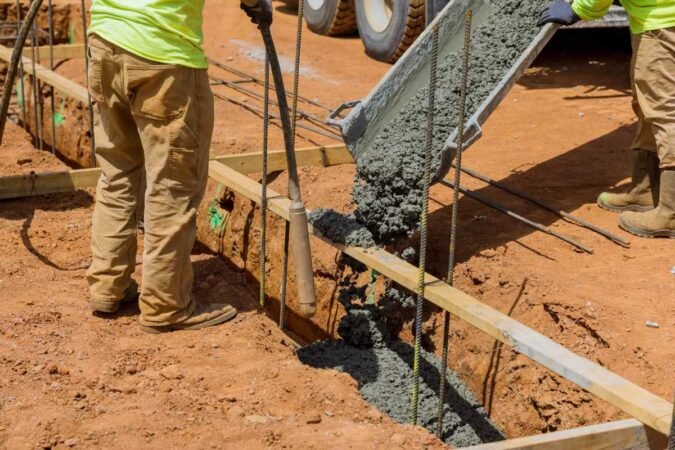Quick Takeaways
-
Innovative Solution: Terra CO2 has developed a low-carbon cement replacement that could significantly reduce CO2 emissions associated with traditional Portland cement production, which accounts for around 8% of global carbon pollution.
-
Major Investment: The startup recently secured $124.5 million in Series B funding, supported by prominent investors including Bill Gates and Al Gore, to scale its production capabilities.
-
Production Plans: Terra CO2 plans to build a facility near Dallas that will produce 240,000 tons annually of its supplementary cementitious material (SCM), which can replace up to 40% of Portland cement.
- Environmental Impact: The SCM developed by Terra CO2 generates 70% less carbon dioxide compared to traditional cement, with ongoing research aimed at creating a product that could fully replace it.
Transforming Concrete Production
Concrete has been a fundamental material for thousands of years. However, it poses a significant environmental challenge. The process of creating Portland cement, the most common type, contributes approximately 8% of global carbon emissions. This alarming statistic drives innovation in the construction industry. Startups like Terra CO2 are leading the charge to develop greener alternatives. Recently, they secured $124.5 million in Series B funding to scale their low-carbon cement replacement. This significant investment highlights the urgency and viability of sustainable construction solutions.
Terra CO2 has developed a supplementary cementitious material (SCM) made by melting silicate-rich rocks into glassy powders. This innovative approach not only maintains the desirable qualities of traditional concrete but also significantly reduces its carbon footprint. The company claims its SCM can replace up to 40% of Portland cement, generating 70% less CO2 in the process. This potential transformation offers a promising avenue for addressing climate concerns without sacrificing performance in construction projects.
The Path to Widespread Adoption
Other startups like Furno, Sublime Systems, and PHNX Materials are also exploring sustainable cement alternatives, creating a competitive landscape for innovation. While the technology holds promise, practical challenges remain. Scaling production to meet the demands of the construction industry will require significant investment and infrastructure. Terra CO2 plans to build a facility in Texas to produce 240,000 tons of SCM annually. This effort will be crucial in demonstrating the feasibility of low-carbon cement on a larger scale.
Public and private investment plays a vital role in this transition. With backing from influential figures and organizations, the message is clear: sustainable concrete production is a priority. As these technologies develop, they could reshape not only construction practices but also contribute to a broader commitment to carbon reduction. By embracing alternatives like Terra CO2’s SCM, the industry can take significant steps towards a more sustainable future. The journey towards low-carbon construction has begun, and its implications reach far beyond concrete itself.
Stay Ahead with the Latest Tech Trends
Dive deeper into the world of Cryptocurrency and its impact on global finance.
Explore past and present digital transformations on the Internet Archive.
TechV1

